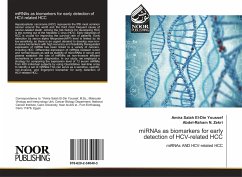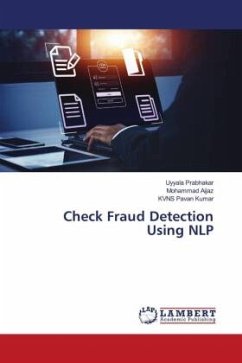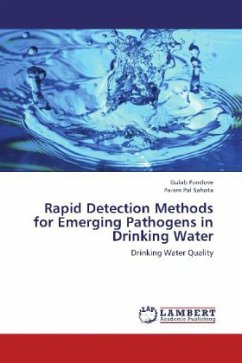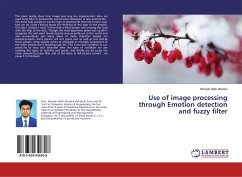Hepatocellular carcinoma (HCC) represents the fifth most common cancer around the world and the third most frequent cause of cancer-related death .Among the risk factors for developing HCC is the coming out of the hepatitis C virus (HCV). Early diagnosis of HCC is crucial for improving the survival rate of patients. Early detection by serum alpha fetoprotein(AFP) level is limited by its low sensitivity, so there is an urgent demand to develop new non-invasive biomarkers with high accuracy and feasibility.Deregulated expression of miRNA has been linked to a variety of cancers, including HCC. Differential expression of miRNAs between tumor and normal tissues as well as stability of microRNAs in serum and plasma establish the role of miRNAs as non-invasive efficient biomarkers in cancer diagnostics. In our study, we employed a strategy for comparing the expression level of 13 serum miRNAs from 480 individual subjects by using Quantitative real-time array to identify a set of miRNAs.This can serve as a sensitive, specific, non-invasive, and fingerprint biomarker for early detection of HCV-related HCC.
Bitte wählen Sie Ihr Anliegen aus.
Rechnungen
Retourenschein anfordern
Bestellstatus
Storno








